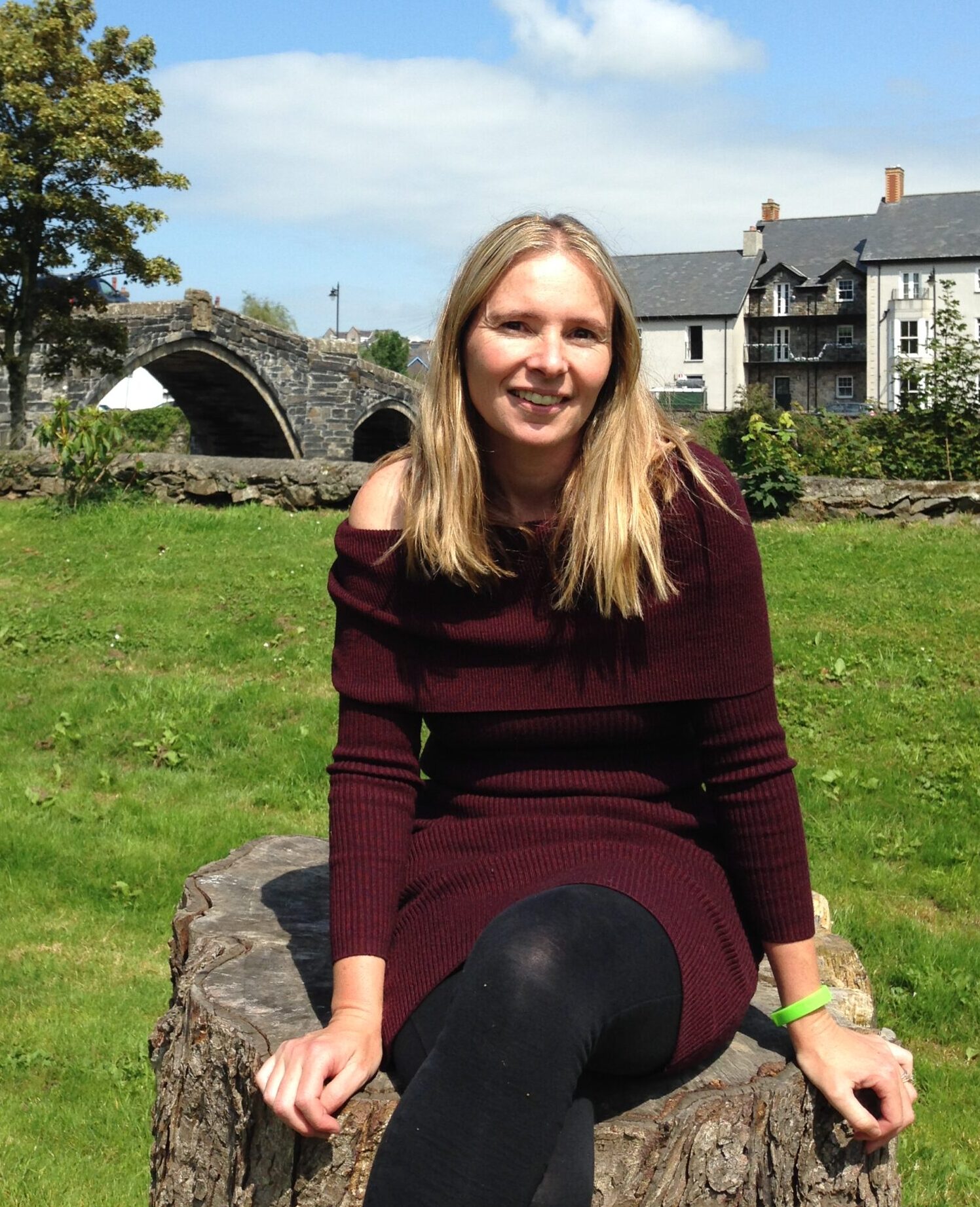The benefits of early intervention services for litigants in person include preventing the escalation of their legal problems, reducing financial hardship, and resolving issues with information to support self-help. With the ever-increasing cost of living and the continued impact of the pandemic, the need for this support has never been greater. Dr Sarah Nason explores the impact of a unique partnership in North Wales to support local communities, and what’s needed next.
In 2020 the Access to Justice Foundation and Ministry of Justice launched the Legal Support for Litigants in Person (LSLIP) Grant, a 2-year programme funding a range of earlier intervention services for litigants in person.
Under the scheme 11 grant projects have been funded across England and Wales that deliver advice on a national, regional, and local scale, to litigants in person at different stages of their problem in various areas of civil and family law. Partnership working and earlier intervention is at the core of all these activities, to achieve improved outcomes for clients.
One such project is the North and Mid Wales Law Clinic, a partnership of seven Local Citizens Advice branches and Bangor University School of History, Law and Social Sciences.
The project is led by Citizens Advice Ynys Môn and Citizens Advice Denbighshire. The project provides a service to support Litigants in Person at every stage of their journey, providing generalist holistic advice aimed at identifying litigants in person early on, preventing escalation of their legal problems, reducing financial hardship, and resolving issues with information to support self-help.
Casework scope
The partnership provides specialist casework in the areas of family law, employment law, and care law (specifically powers of Attorney and Deputyship). It is the only LSLIP project to formally involve a university as a partner and has enabled a much higher number of students to volunteer with Citizens Advice.
Students are supported to assist specialist caseworkers in family, employment, and care law, increasing their legal and transferable skills in these areas.
The approach has helped Citizens Advice to expand its capacity, increase provision, and address gaps in access to legal help and support.
Supporting students & local communities
From the perspective of the University, the approach enables greater embedding of employability skills and aligns with its ‘Strategy 2030: A Sustainable World for Future Generations’ aim of helping students to develop rewarding careers to make a real difference through their future contribution to society.
Bangor University is also conducting research that supports greater understanding of pathways to seeking advice taken by litigants in person and how to ensure that formal and informal advice services are designed around their needs.
The impact
The North and Mid Wales Law Clinic has so far supported clients with a range of advice needs by, for example, assisting clients in reaching settlement in employment law claims including working with partners such as ACAS and iCAN, drafting Lasting Power of Attorney documents, and assisting clients with applications for child arrangement orders, informing them about the court process and what to expect.
The holistic service provided by the Clinic and partners also enables clients to have benefit checks and to better understand and access services to which they are entitled.
Law student Muriel McCraken, one of some 40 students to so far volunteer with the project, believes the experience has empowered her, saying:
“The experience I have gained through participating in the North and Mid Wales Law Clinic project has been invaluable. Undertaking such work has provided me with the opportunity to not only consolidate what I have learnt at university but also put it into practice…Notably, working with the clients and seeing their gratitude at the end of the process is extremely fulfilling.
“I have also enjoyed working as part of the Law Clinic team and interacting with third parties such as The Court of Protection, social workers and medical practitioners. The knowledge that I have gained from this project is empowering.”
Law student Gwenno Evans explains that the experience as a volunteer on the North and Mid Wales Law Clinic has been ‘beneficial in many ways’. She says:
“As someone who has always been passionate about volunteer work, the Clinic allowed me to apply my passion in a way which benefits my future career path.
“Having seen first-hand the impact the Clinic has on citizens; I can confidently say that I was a part of something which made a difference within the community. I would urge any law student to get involved with this project both to gain experience in the world of legal advisory services in terms of professionalism and legal research, but also to develop more general skills such as interpersonal skills.”
A Ministry of Justice mid-grant evaluation published in January 2022 concluded that evidence suggests the advice and support provided by LSLIP projects ‘is improving client outcomes, including increasing client understanding of how to resolve their problem and increasing client confidence to take action promptly. This is helping to resolve problems at an earlier stage, before they reach court or tribunal’.
CEO of Ynys Môn Citizens Advice, Jackie Blackwell concludes:
“We’re really pleased that the Ministry of Justice invested in this pilot project to address the social welfare law advice gap across the region which is quite significant. We have developed a really cohesive partnership across north and mid Wales and we hope that the Ministry of Justice will continue to fund this service in the future.”



